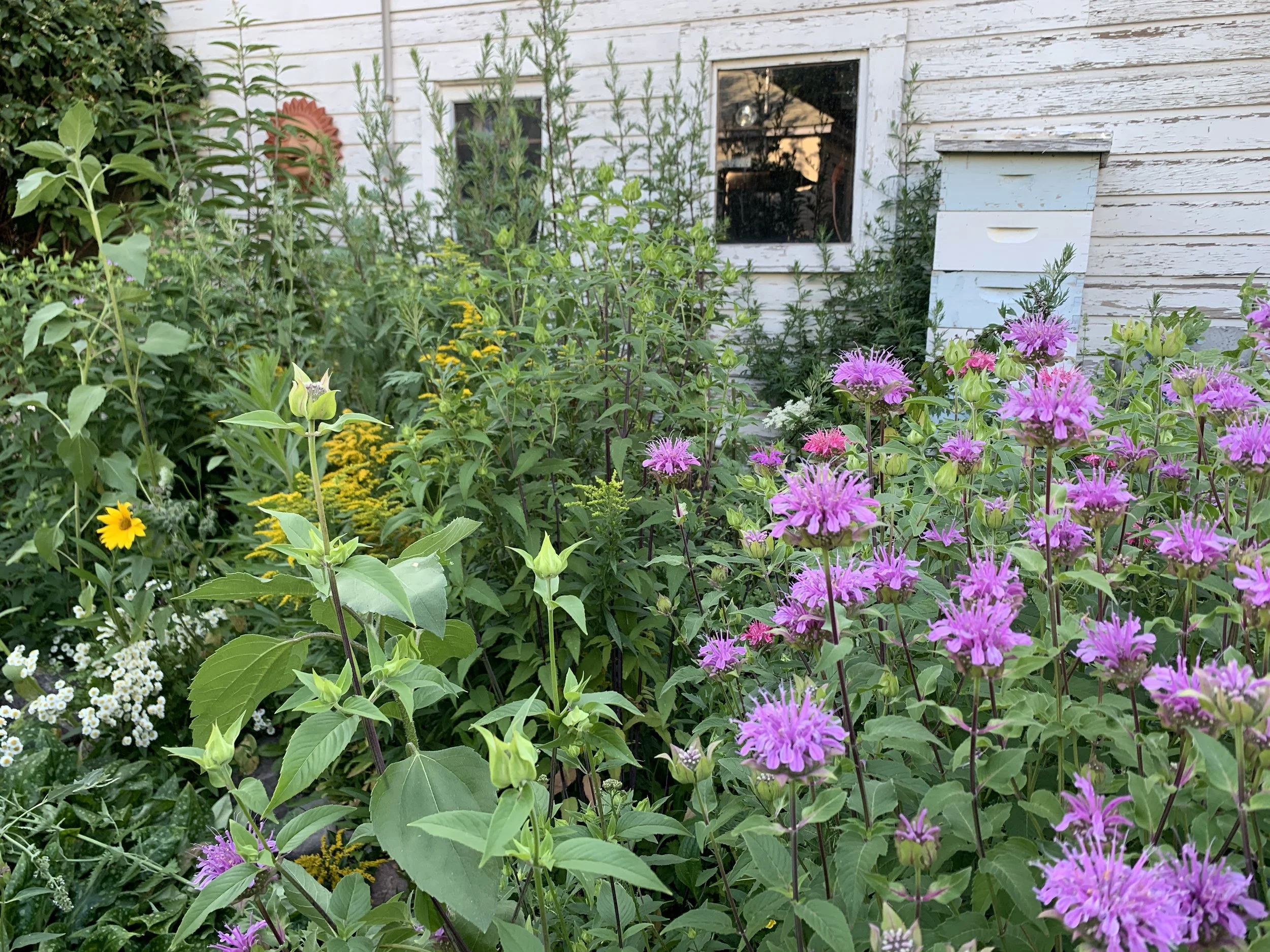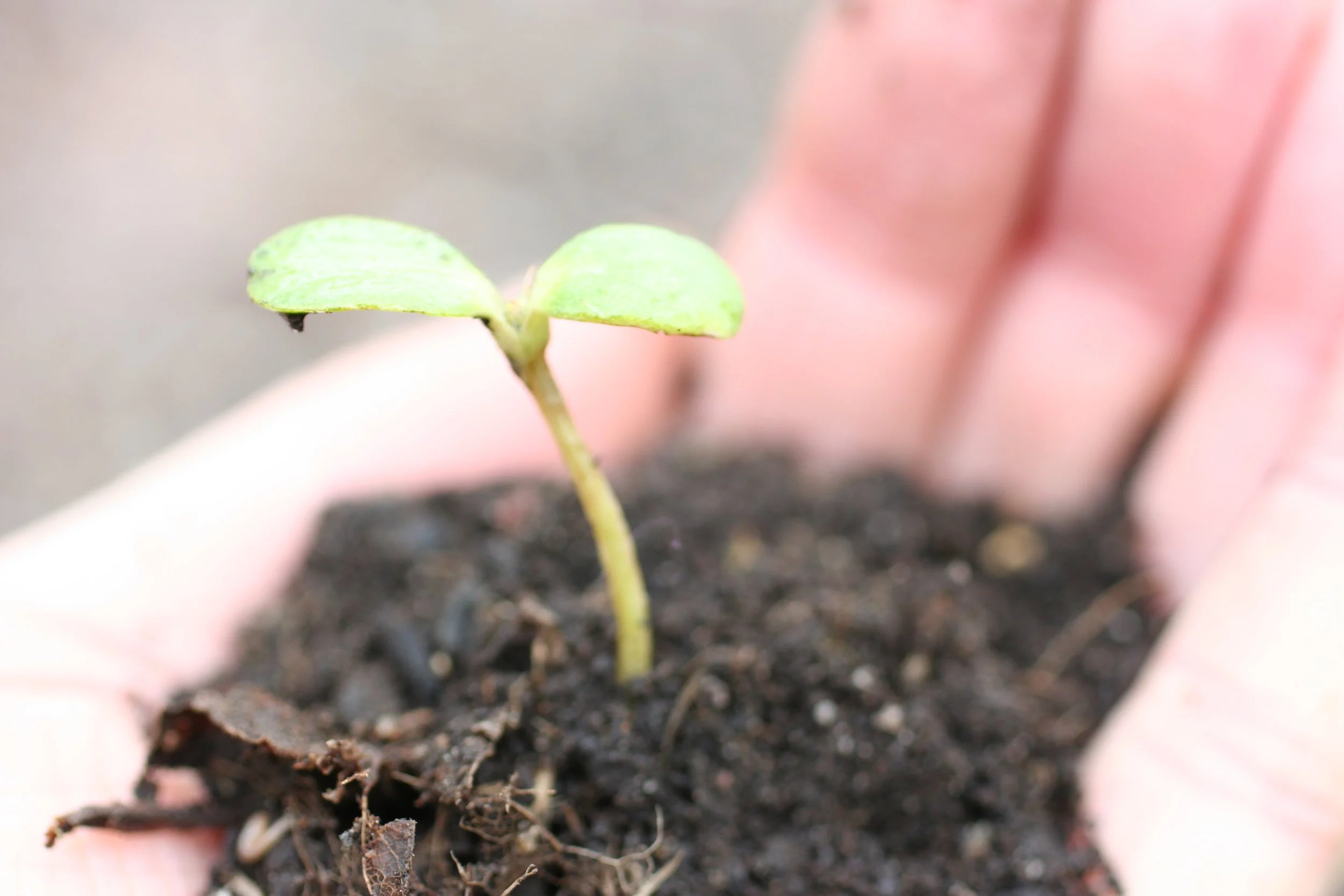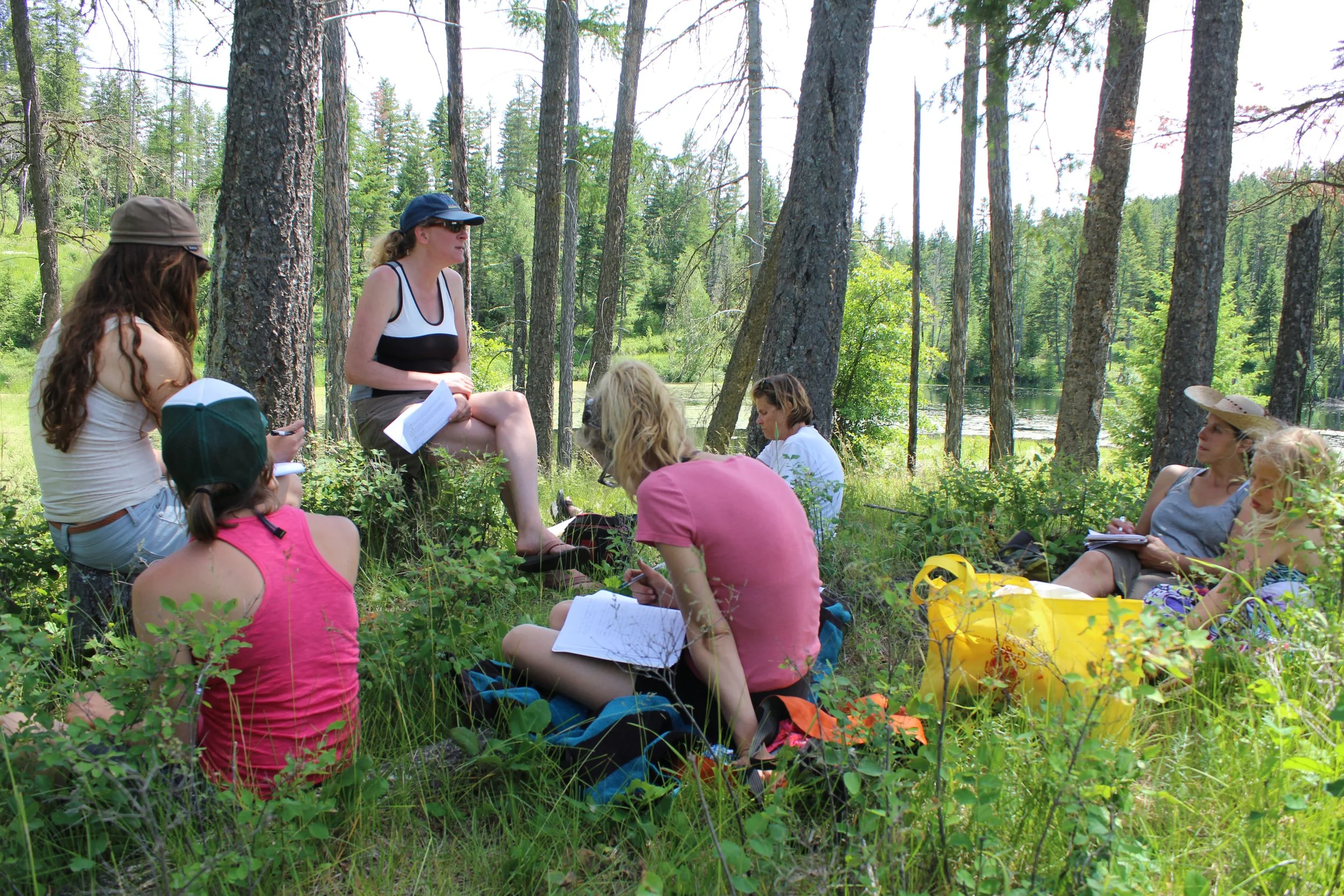Herbalism for Social and Environmental Resiliency
We are seeing unprecedented changes to our planet during our lifetime. This is a potentially heartbreaking and traumatic time for many. Yet there are many exciting and unique opportunities for herbalists to support life on this beautiful planet as the social and environmental meta-crisis escalates.
Herbalists can be land stewards, help connect people to the more-than-human world, and be active in local and national political issues. We can develop bioregional plant knowledge, help build community resilience, and limit the use of pharmaceuticals with herbs when appropriate.
Herbalists can have the joy and peace of mind to fairly easily practice right livelihood, offering our vocation in devoted service of “the more beautiful world that our hearts know is possible”, as Charles Eisenstein writes.
“Your life becomes an offering of gratitude for Creation.”
Herbalists as Land Stewards:
Herbalists can be significant stewards of the lands where we live. We can help with the restoration of local ecosystems by picking up trash, replanting native seeds, and pulling invasive plant species. We can start and participate in rewilding projects.
We can be very selective about where and how we wild harvest plants and which species we choose to harvest, focusing on weedy and abundant species and avoiding rare and threatened species. We can teach others to incorporate wild foods into their diets, thereby eating more nutrient-dense, healthy (and free!) foods.
Gardens can be symbols of hope. If we have land or access to a garden, we can practice regenerative agriculture and help sequester carbon dioxide by practices such as composting, avoiding chemical growing methods, supporting mycorrhiza health, and using no-till methods of gardening and farming. We can implement permaculture practices or plant a food forest. We can grow our own medicine and food. We can plant local herbs that support native wildlife, birds, and pollinators.
We can also use our gardens for social good. We might use them as teaching classrooms, or donate medicinal plants or seeds to our community to help people grow their own herbal medicines.
My herb gardens filled with medicinal and native plants.
Herbalists as Bridges:
Herbalists can help people connect back to the natural world. We can encourage this relationship through personal health consultations, herb classes, selling herbal products, and writing herbal articles and books that inspire people to reconnect with themselves and the web of life.
As people learn to listen and inhabit their own bodies, they can refine their own care for their health and wellbeing by connecting to herbs and the wider living world. This connection to plants and nature, I believe, is healing in and of itself. A holistic health perspective helps us think about life in an interconnected way. Herbalists have a natural propensity to think in an integrated way about nature, personal health and healing, and the health of our environment. In other words, our personal healing is intricately connected to the natural world.
Our connection to the Earth helps us value all species rather than being anthropocentric. We can have relationships with the non-human world as a way of deepening our humanity and developing empathy for all life. Herbalists can help others connect to their feelings of awe, wonder, gratitude, reverence, joy, and responsibility to the earth and the more-than-human world.
A sunflower seedling
Herbalists as Activists:
Many herbalists feel drawn to speak for the land and the more-than-human world. We do this in many ways, including educating others about ethical wildcrafting and foraging.
As with all citizens, herbalists can get involved in the political system by voting, writing their representatives, and donating money, time, and resources to worthy causes.
Specific herbal activism could include starting or participating in an herbal care clinic, disaster relief, becoming a street medic, or donating plants and herbal products to local herbal mutual aid networks. We can offer free classes to support community resilience and wellbeing. Herbalists can help educate others about how our health and wellness are fully interdependent on the greater ecosystem around us.
On a more global level, we can become members of Herbalists Without Borders and United Plant Savers, two international organizations that are working in different ways to support people and plants.
Bioregional Herbalism:
Bioregional herbalism focuses on local plant knowledge and use. When we use plants that grow in our bioregion, we reduce our carbon footprint by not importing herbs, over-the-counter medications, or pharmaceuticals from distant places.
We can connect to our local wild lands, including the weedy herbs that grow in our area. I firmly believe that the herbs that grow around us are the best medicine for us. They have similar environmental conditions, weather, soil conditions, and literally grow where we grow. Local plants help us connect more deeply to the places we live and love.
Building Community Resilience:
As political and environmental systems struggle, community becomes increasingly valuable. Herbalists can continue to invest in and support local community efforts. We can educate our local community with compassion and generosity. We can come from an abundance mindset, because there is truly enough for all of us.
We can continue to educate ourselves about upcoming health stressors due to changes in our climate and environments, such as respiratory, cardiovascular, and air quality issues. We can also learn about mental health issues surrounding the climate crisis, such as anxiety and depression, and become trauma-informed practitioners.
We can reach out to and support underserved and vulnerable populations in our communities, such as children, LGBTQIA+, BIPOC, low-income, and unhoused individuals.
Elaine teaching an herb class in the wilds of Montana
Reducing Pharmaceutical Use and Wastes:
I’m grateful to have pharmaceuticals when necessary. I believe they have a place in health care. For instance, my son wouldn’t be alive without seizure medications. But if we can use pharmaceuticals only when necessary, we will cause fewer side effects for ourselves and less impact on the planet.
The impacts of pharmaceuticals are multifaceted. They occur in all avenues, including manufacture, transportation, use, and waste streams. Pharmaceutical manufacturing and use cause problems ranging from the proliferation of antibiotic-resistant microorganisms, CO2 emissions, plastic usage, air pollution, water usage, energy consumption, and waste disposal problems. Pharmaceutical wastes and byproducts contaminate soil, water and affect wildlife health and reproduction.
Herbalists have a unique ability to offer safe herbal substitutions for pharmaceuticals when appropriate, reducing side effects and encouraging health for individuals and the environment.
“We belong to what we long for.”
In Summary:
We are in the midst of a profound opportunity to come together as a species. To learn again how to love, connect with, value, and protect the more-than-human world.
Can we give our hearts to the land we inhabit? Can we help others fall in love with the more-than-human world? Many herbalists are “edge people” - we often work outside the main culture, both in our jobs and in our beliefs. The edges of an ecosystem are where the most diversity happens. New things sprout and grow.
Herbalists can be role models for doing work you love, for having a vocation that helps support life on this amazing and irreplaceable planet. May we be in service to that which is more than us, but of which we are all a part. Finally, as Robin Wall Kimmerer writes, “As we work to heal the earth, the earth heals us.”
© Elaine Sheff, Clinical Herbalist, RH (AHG)
References:



